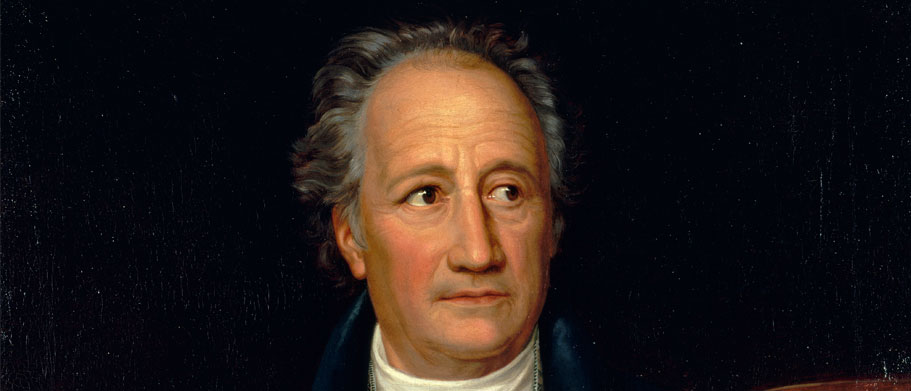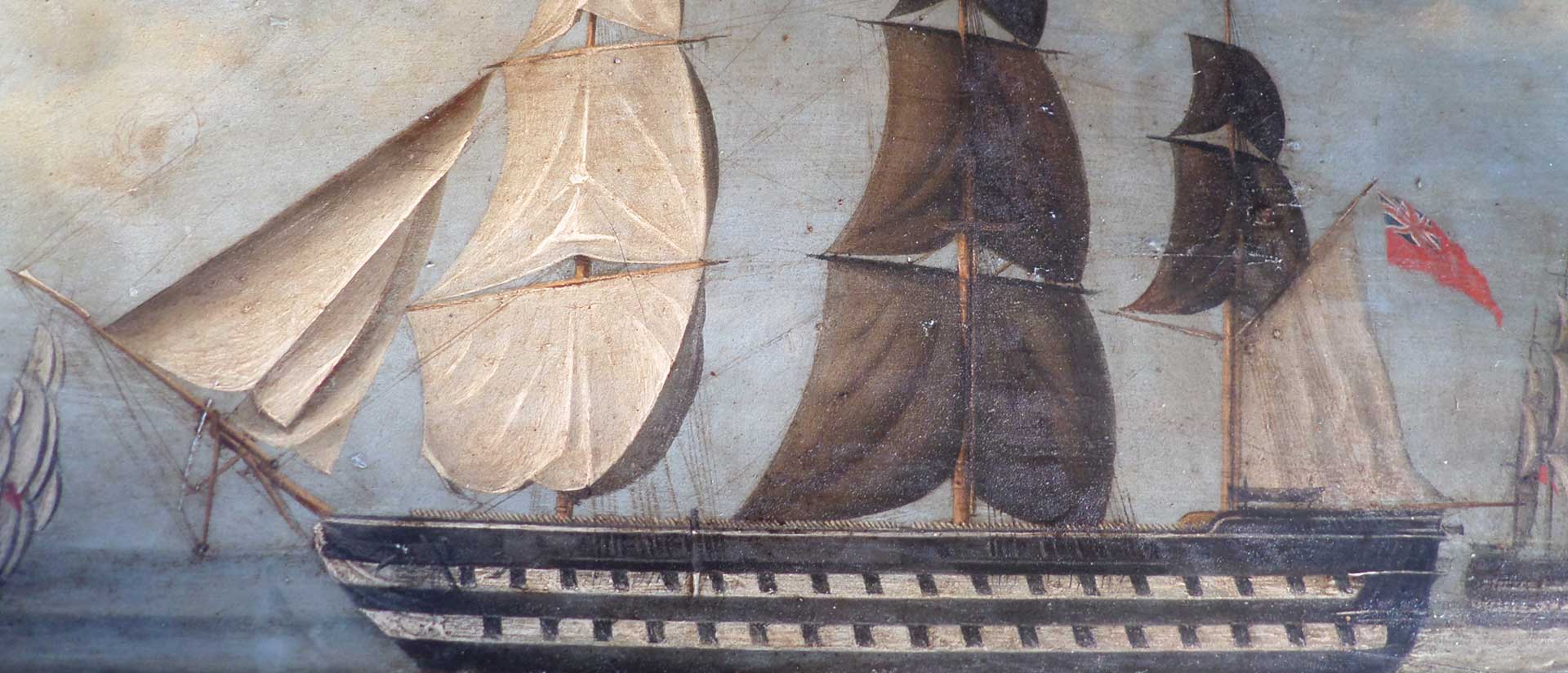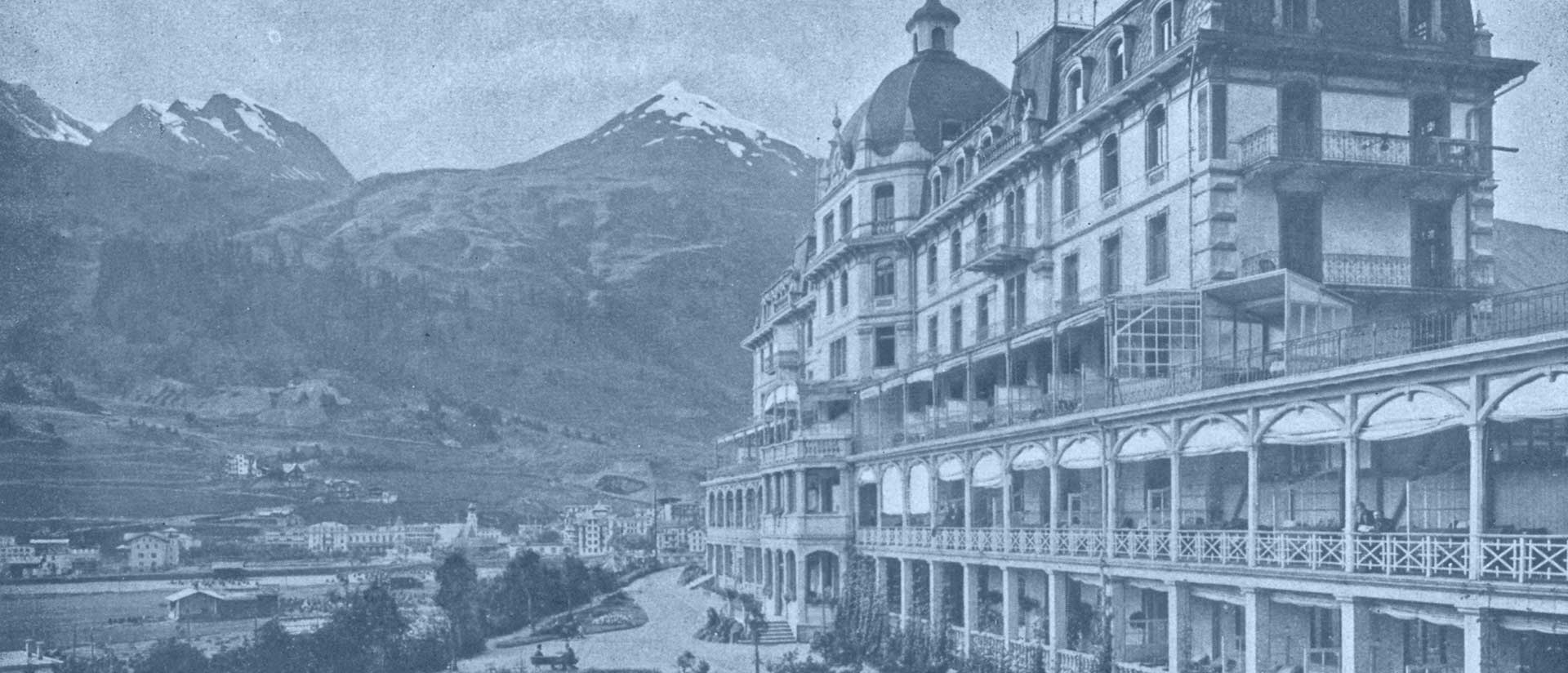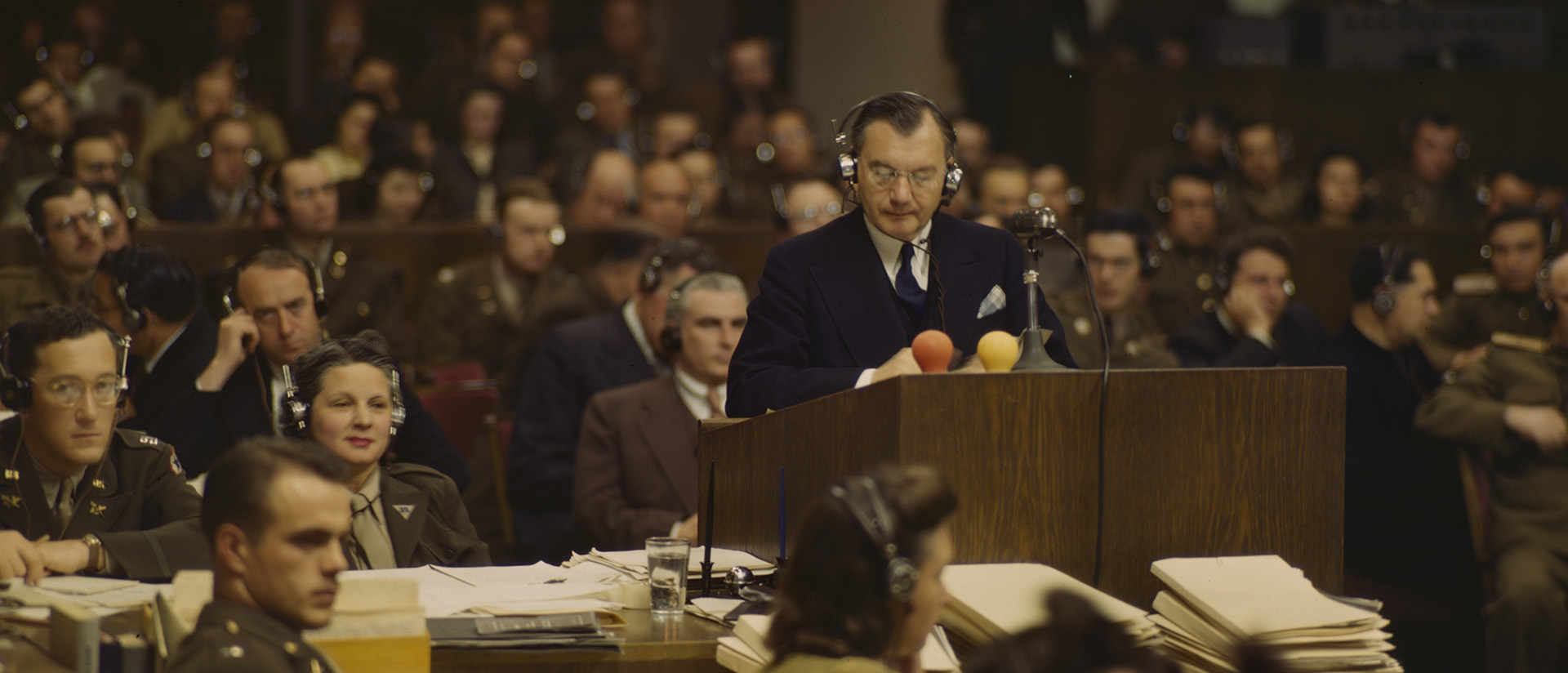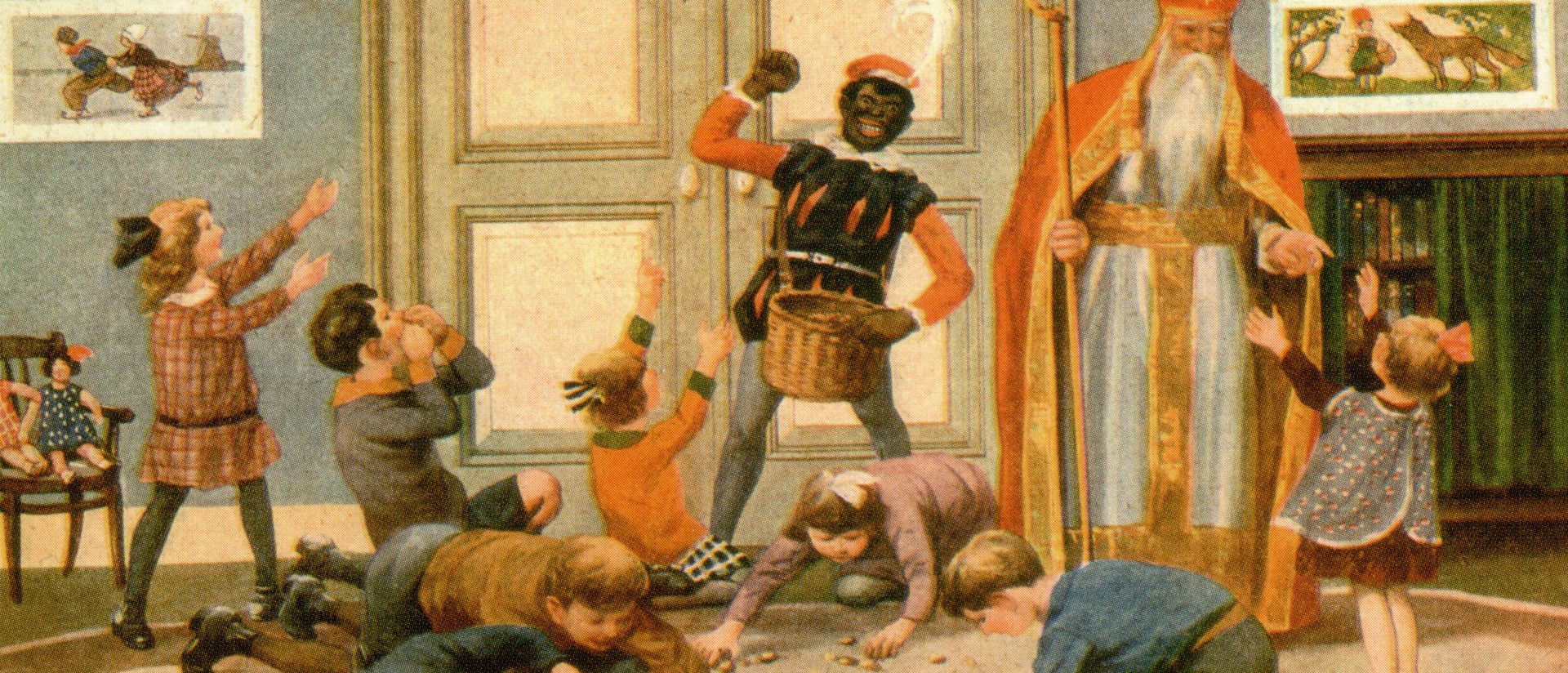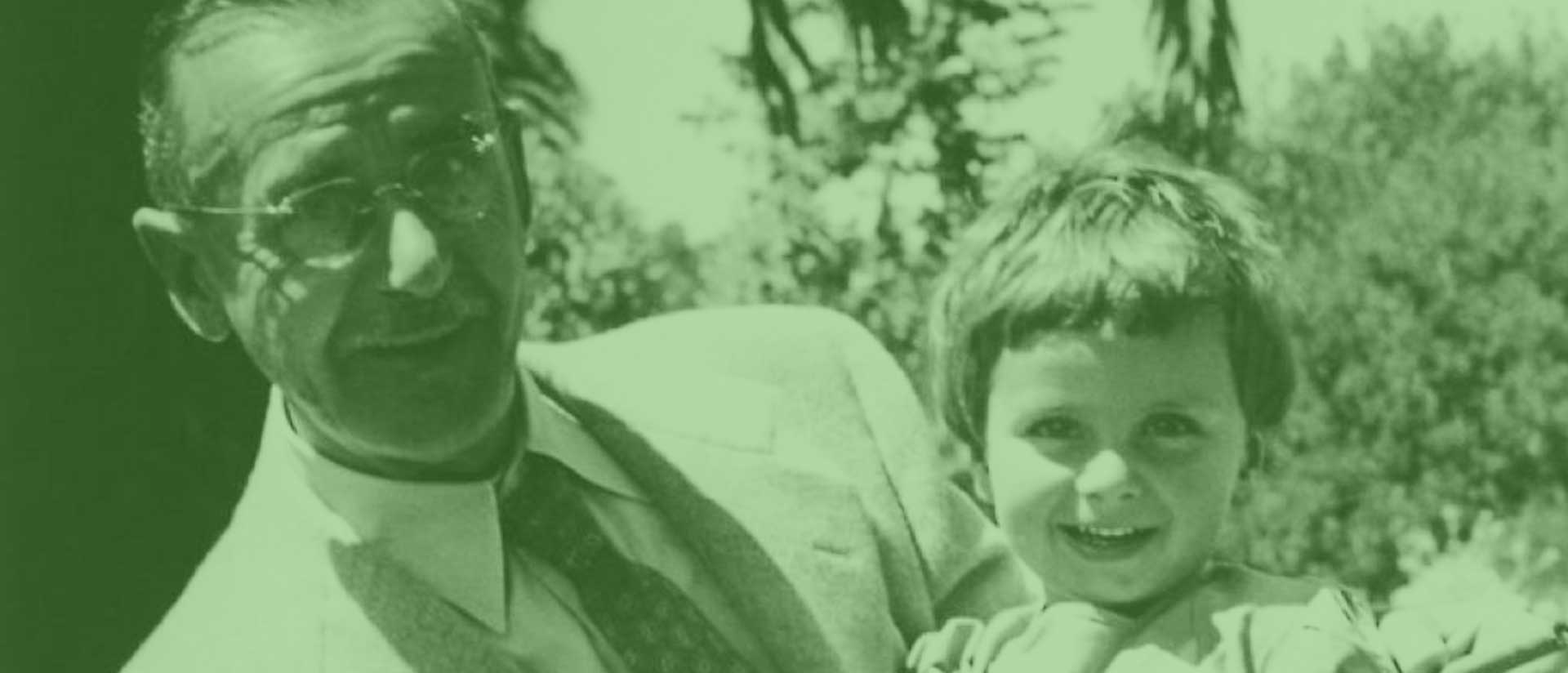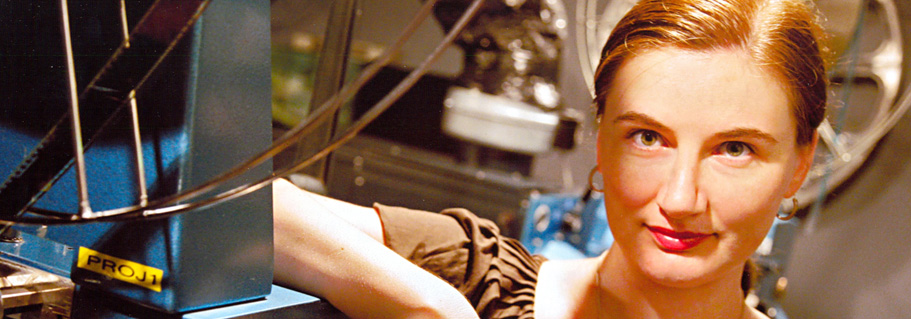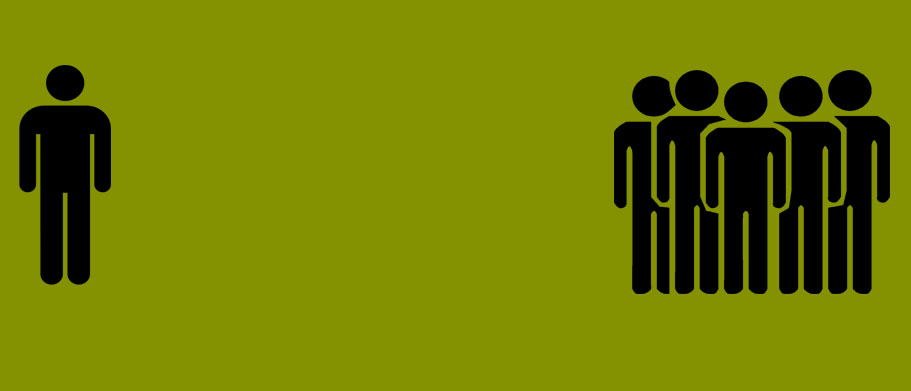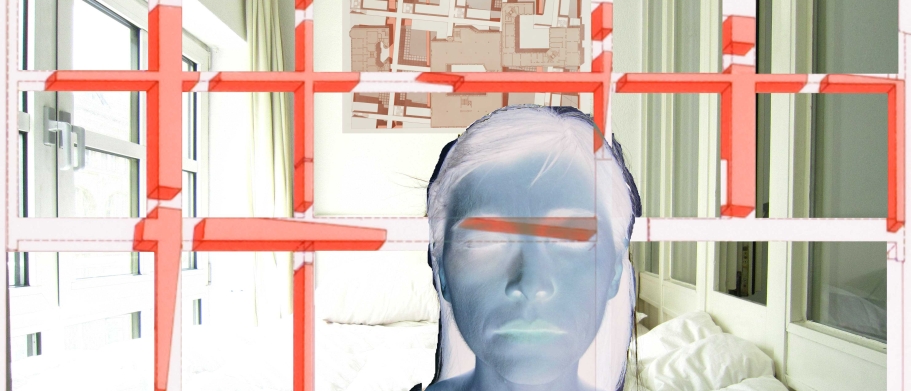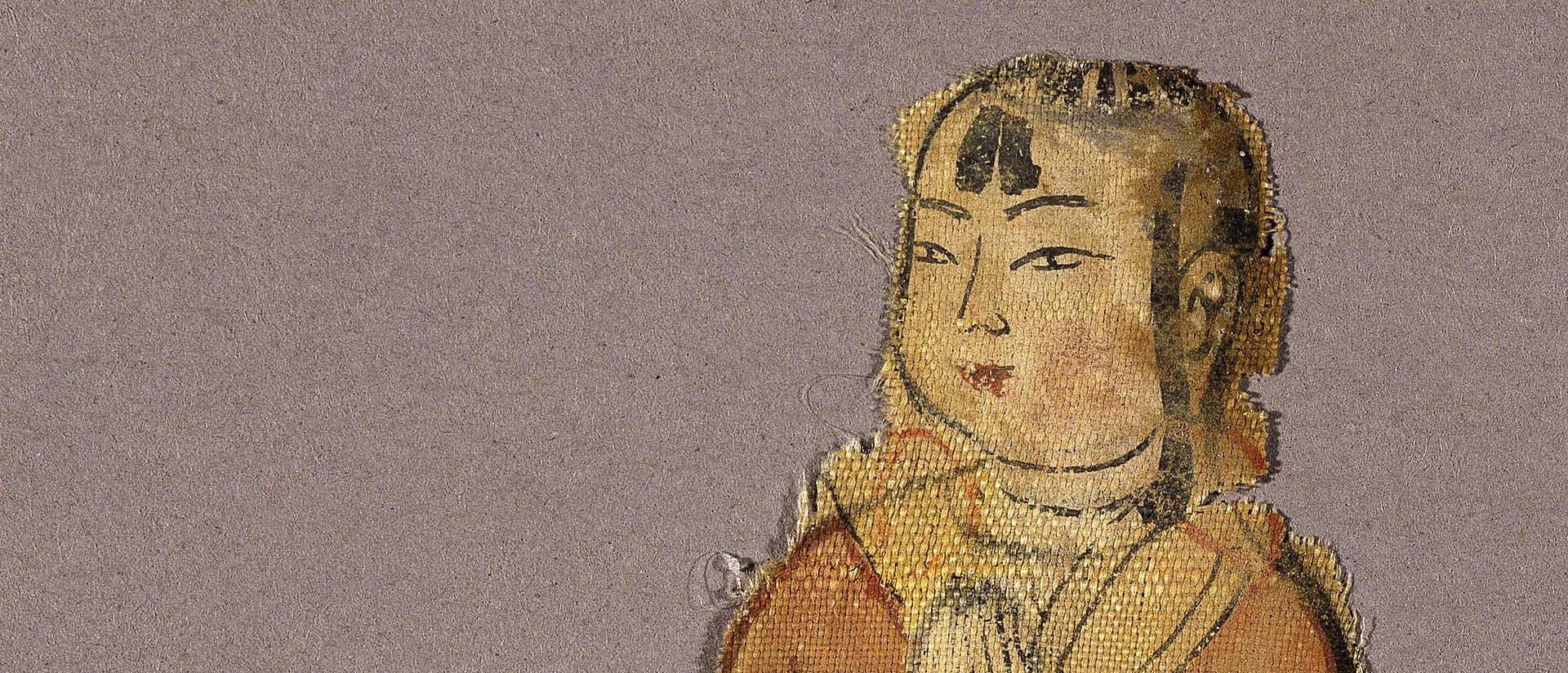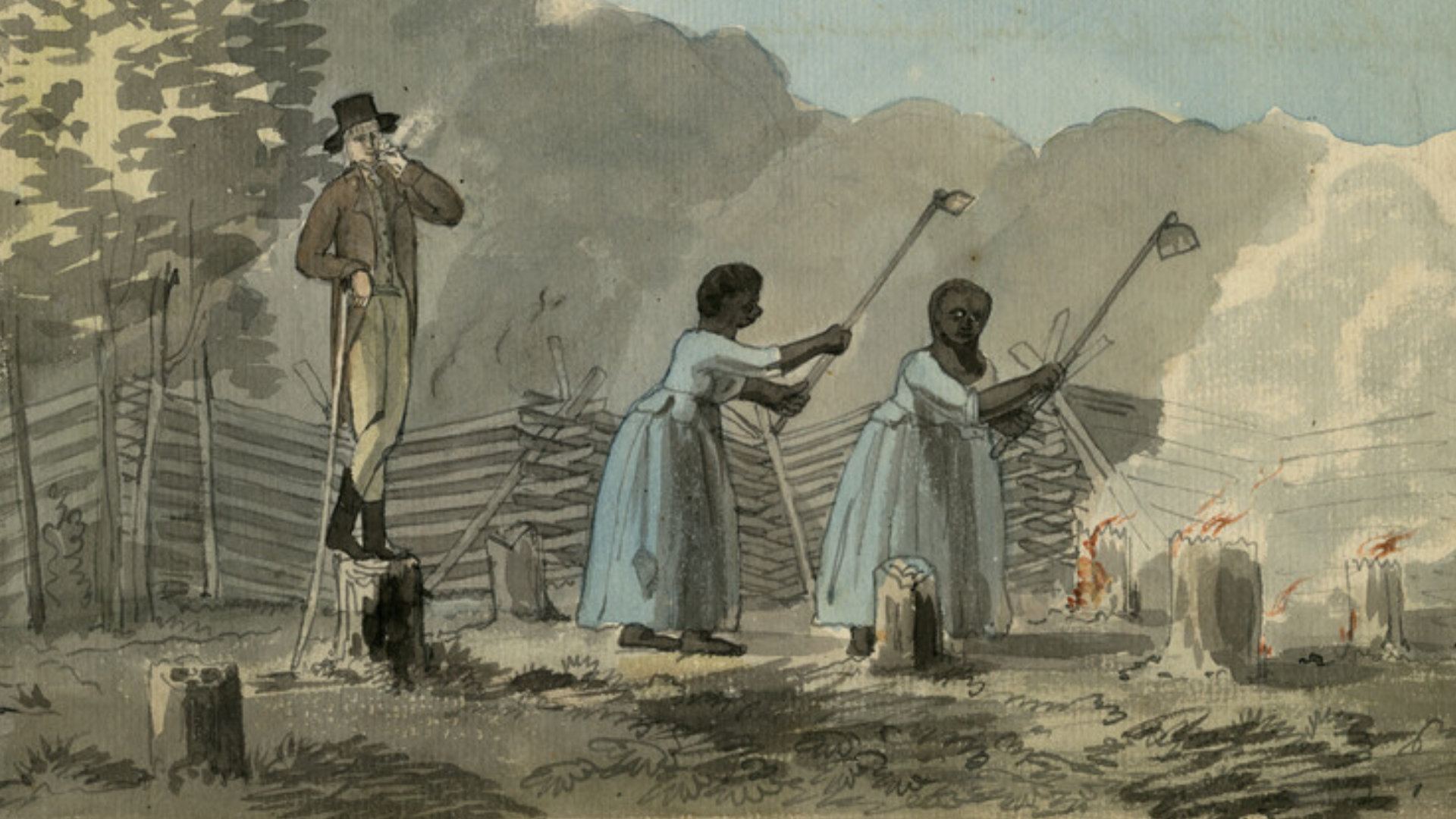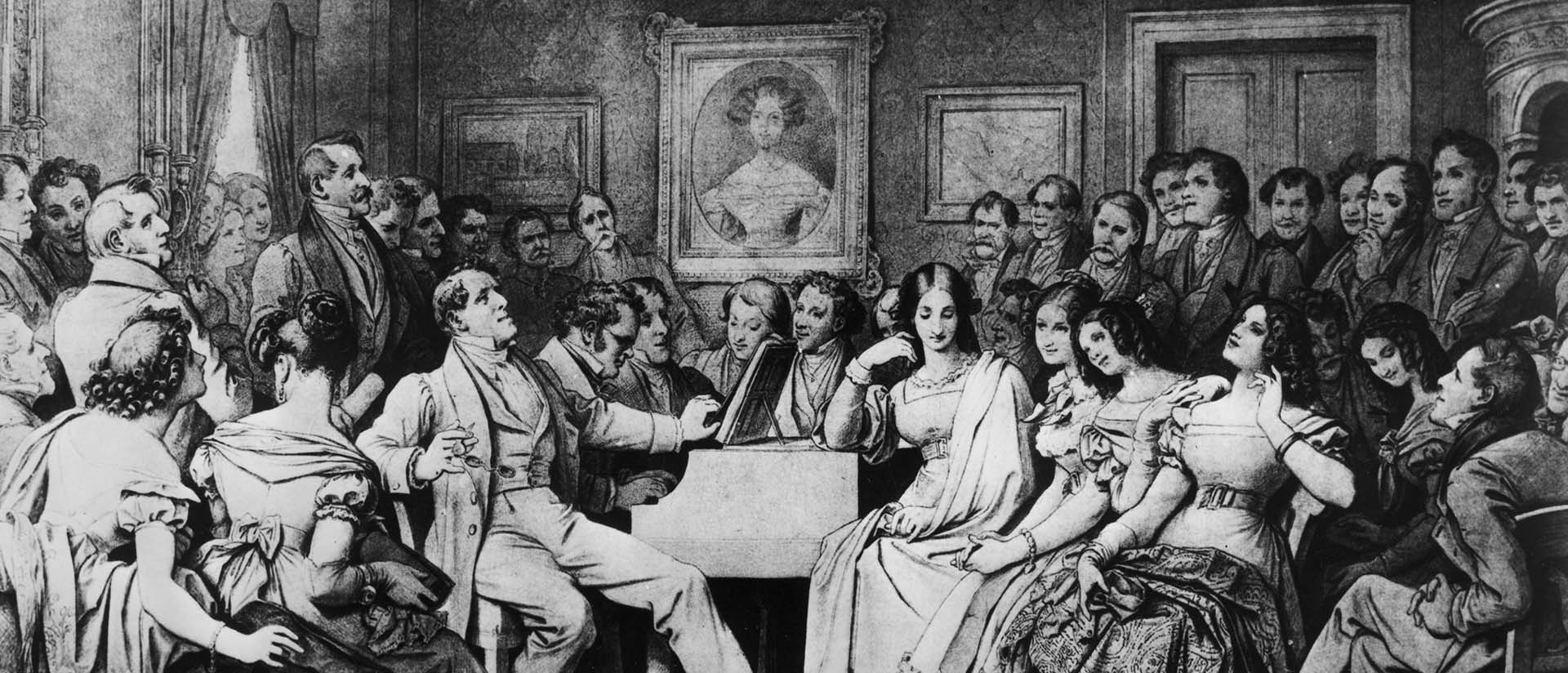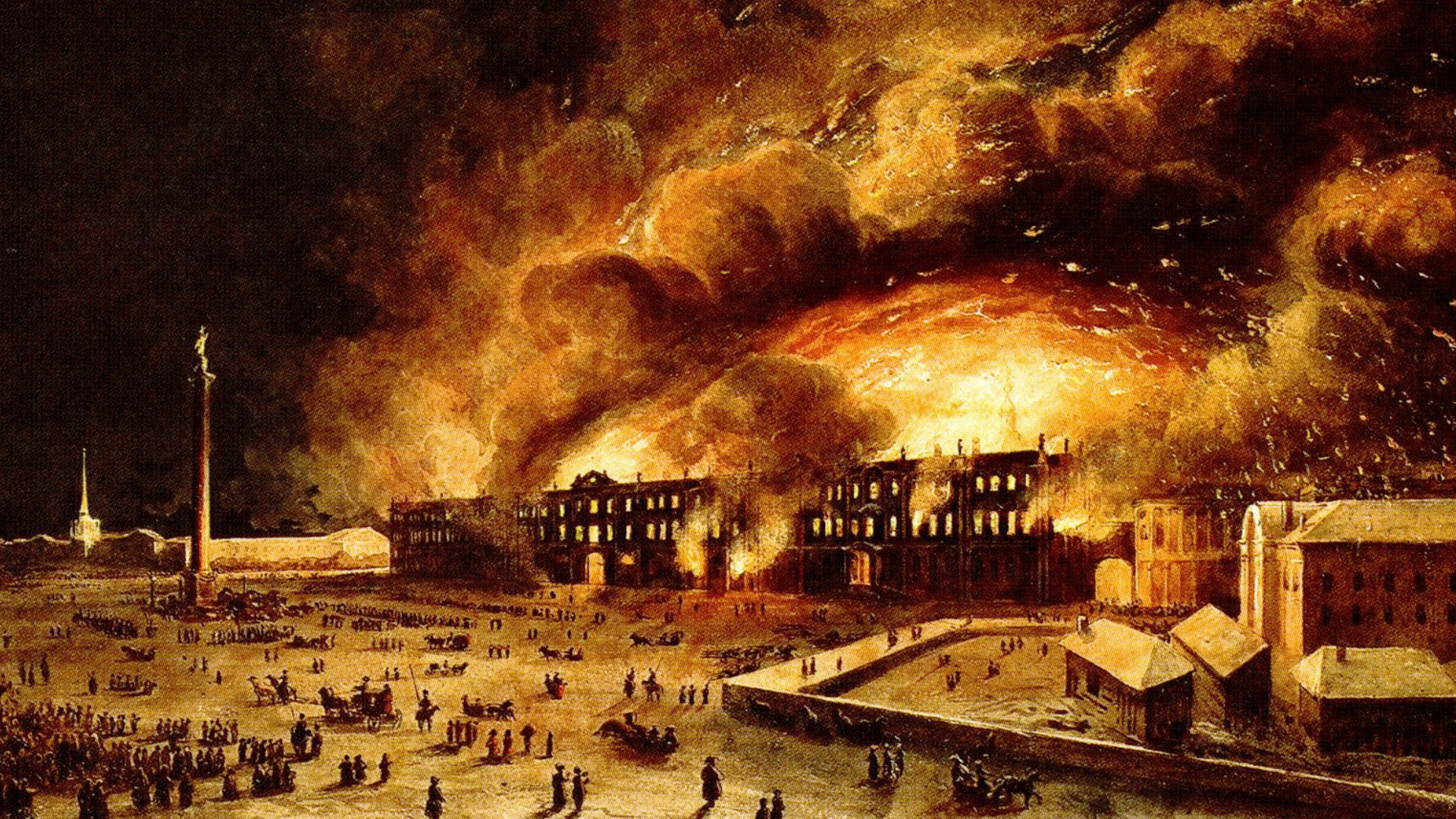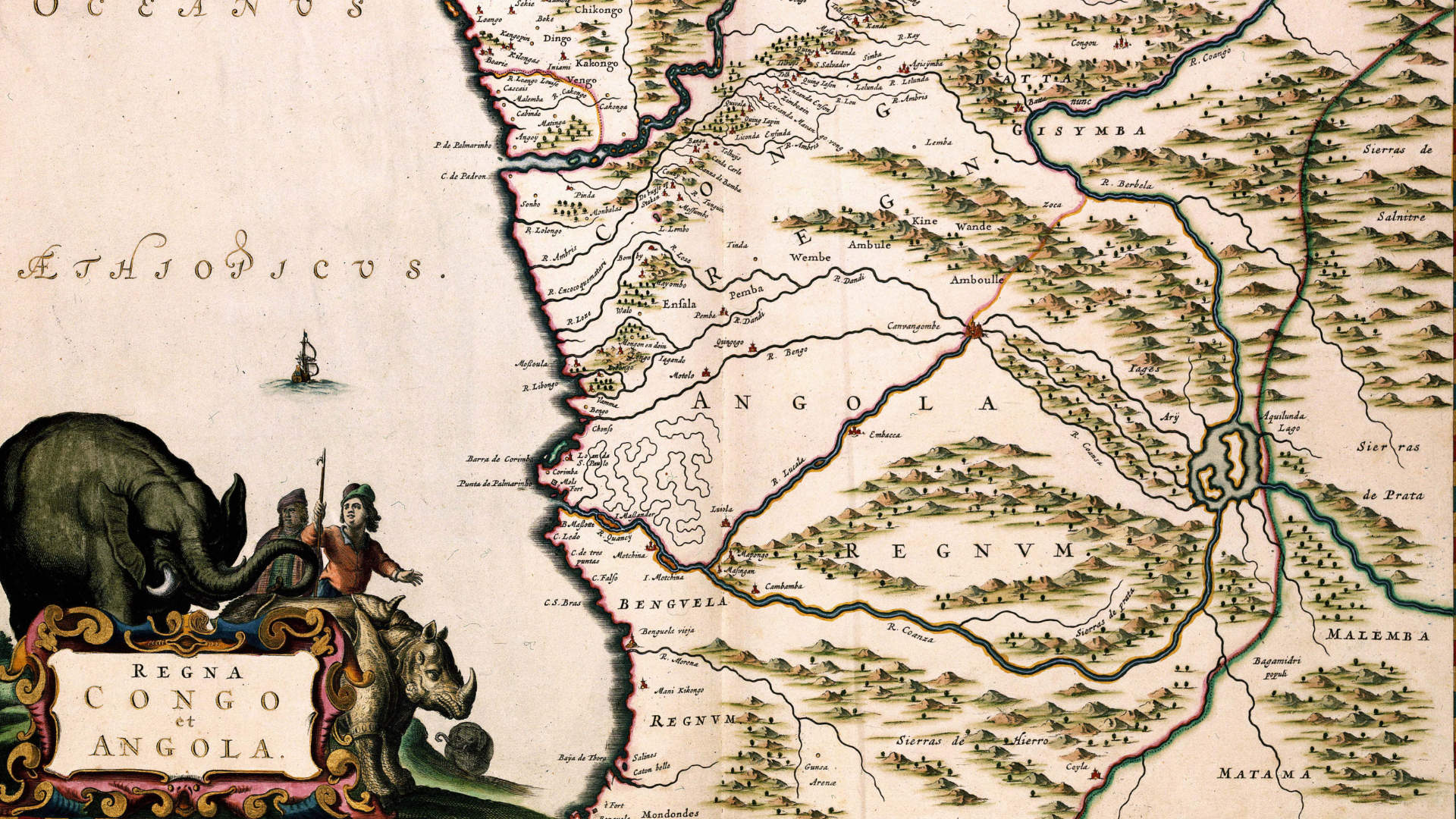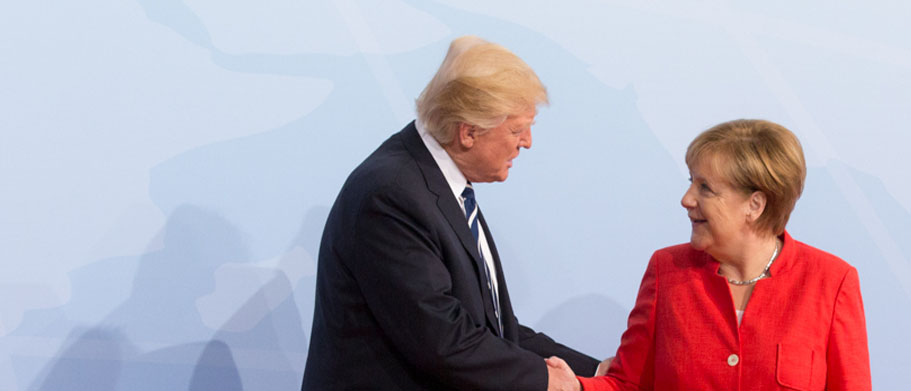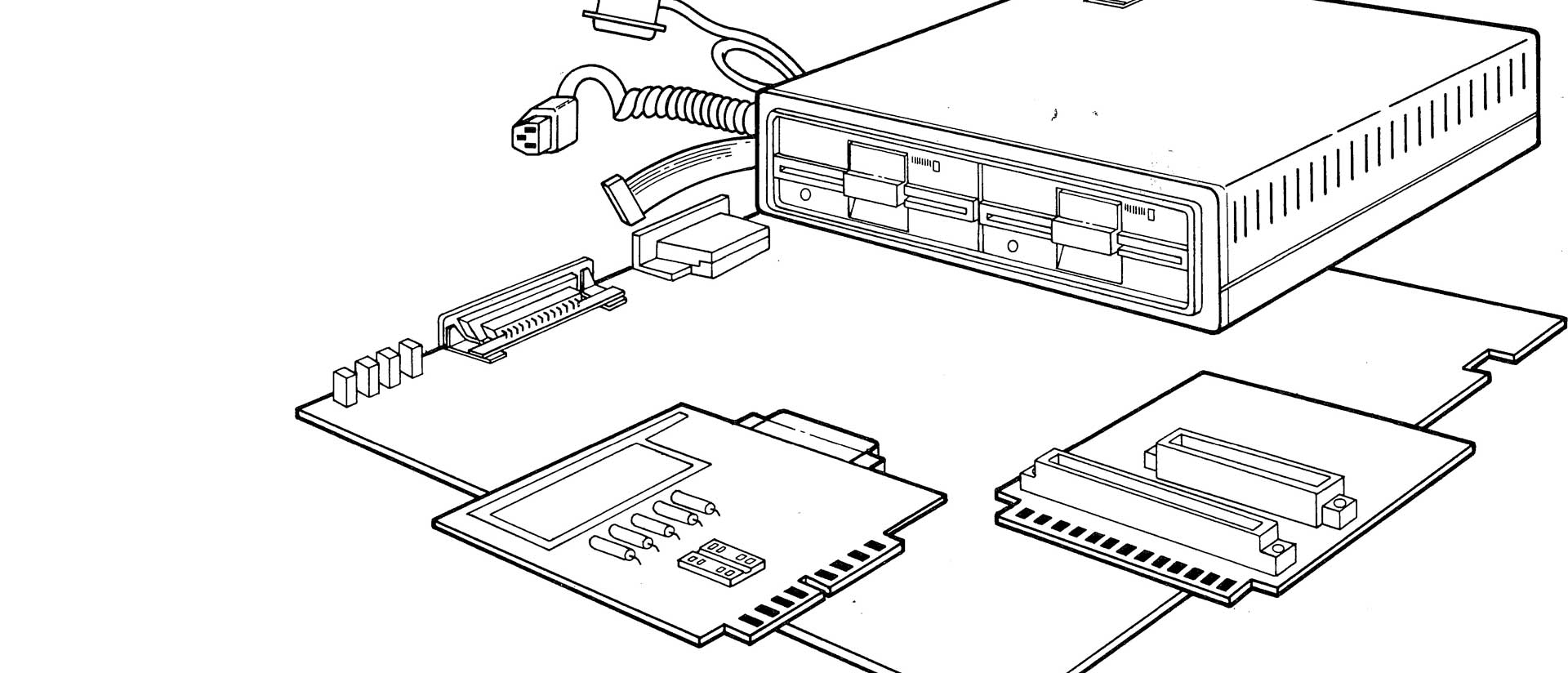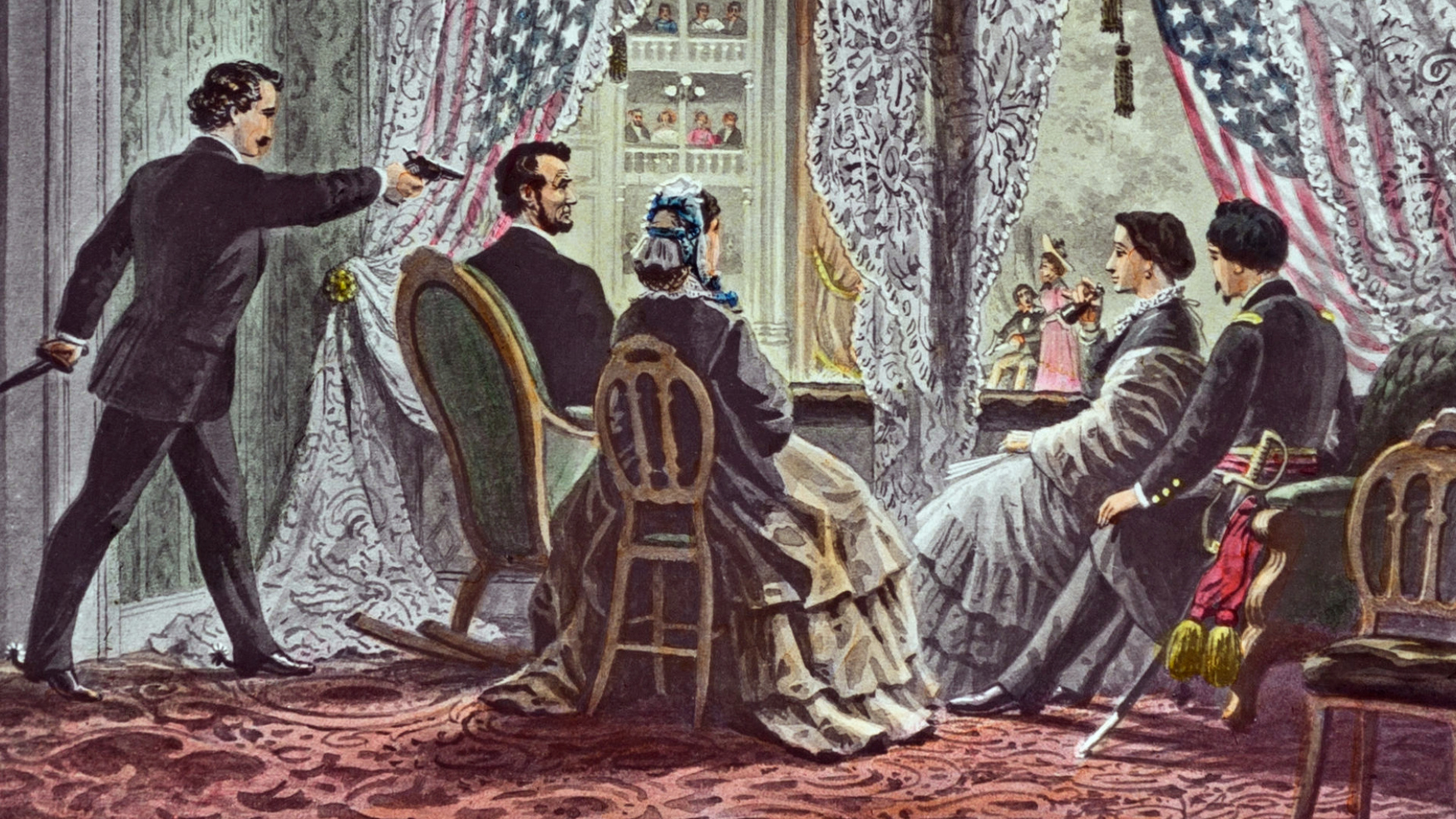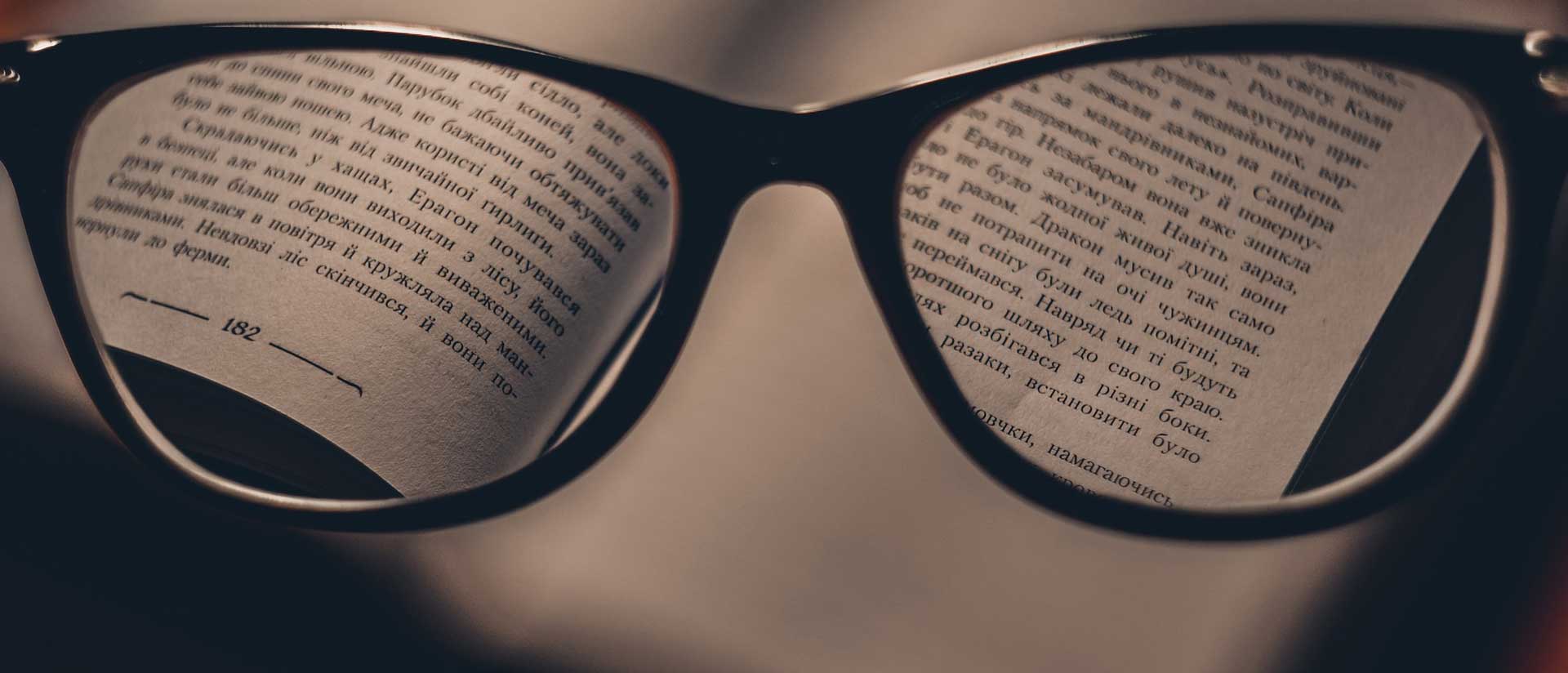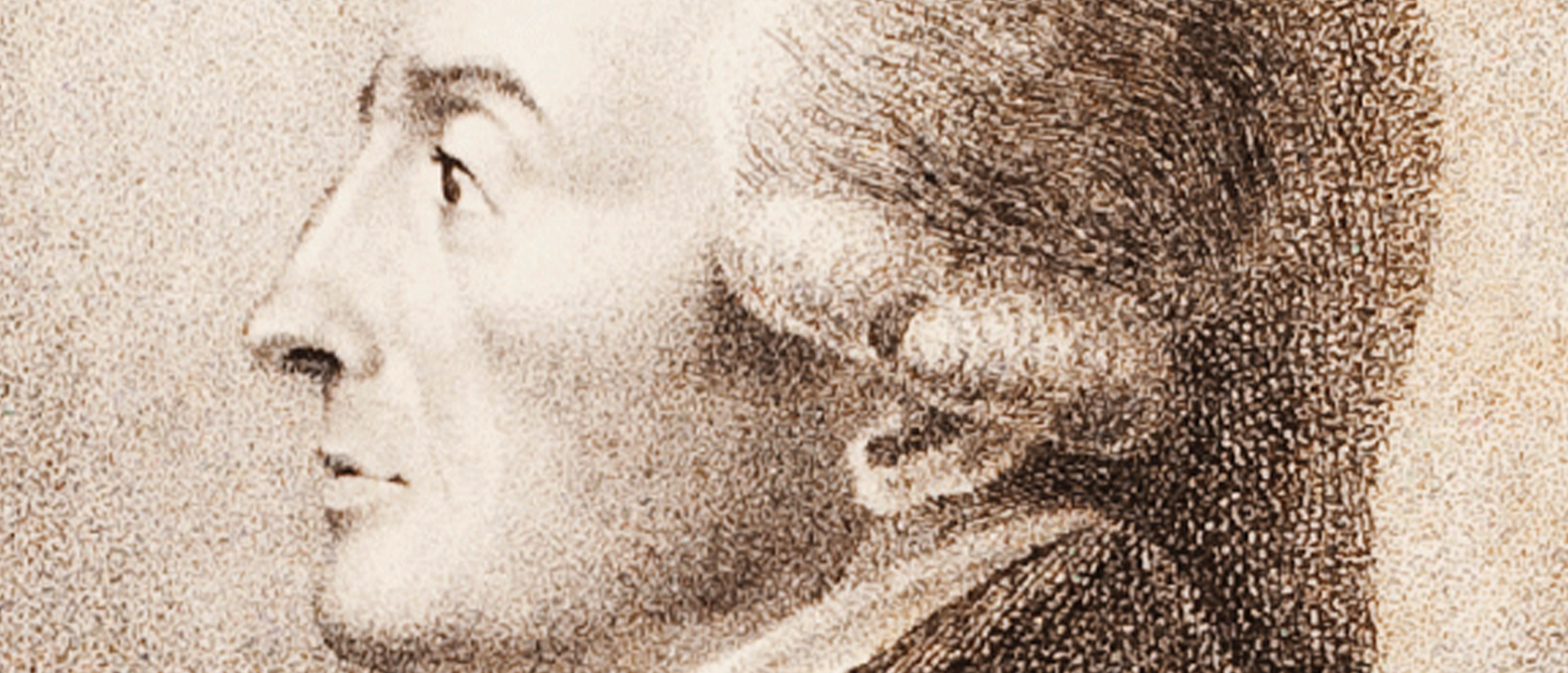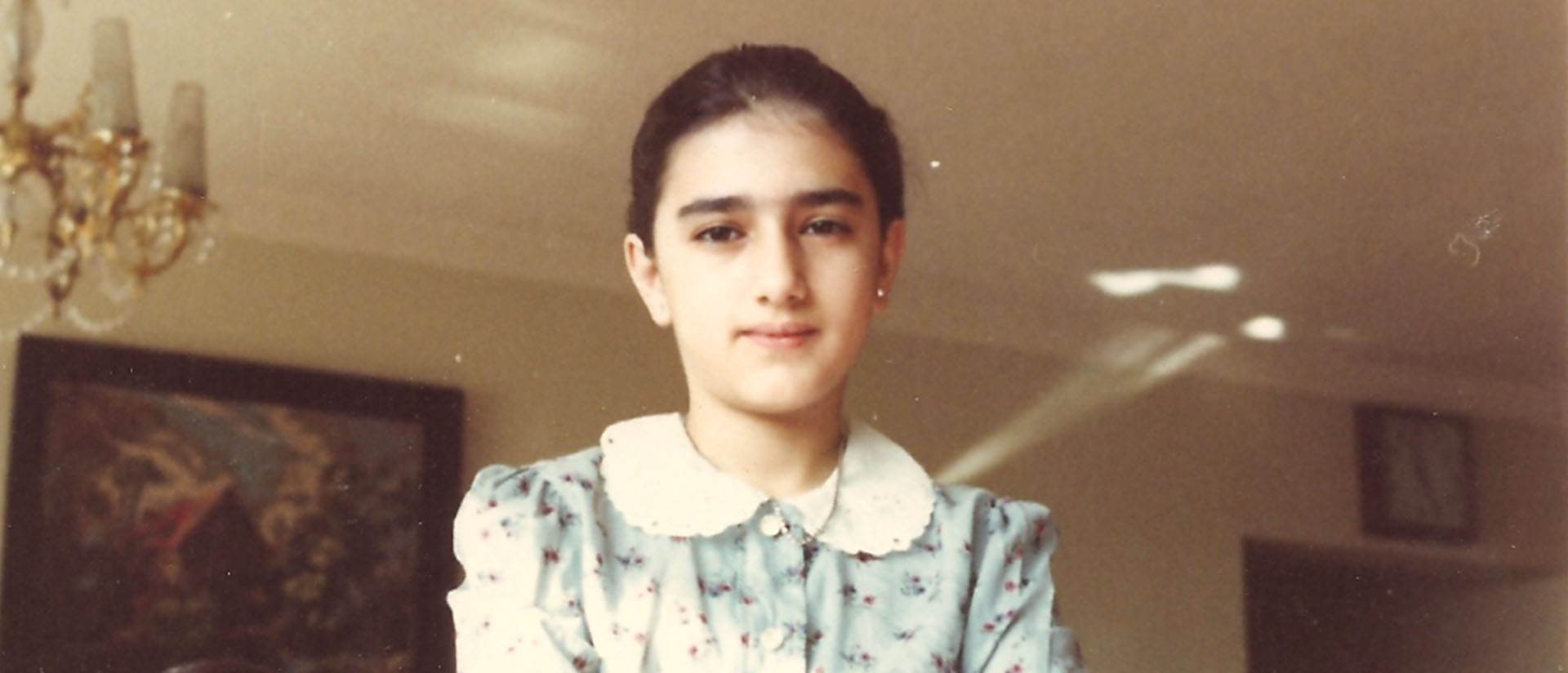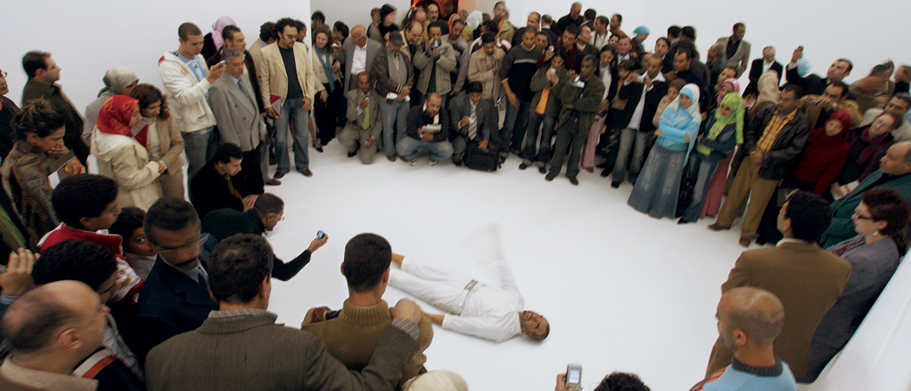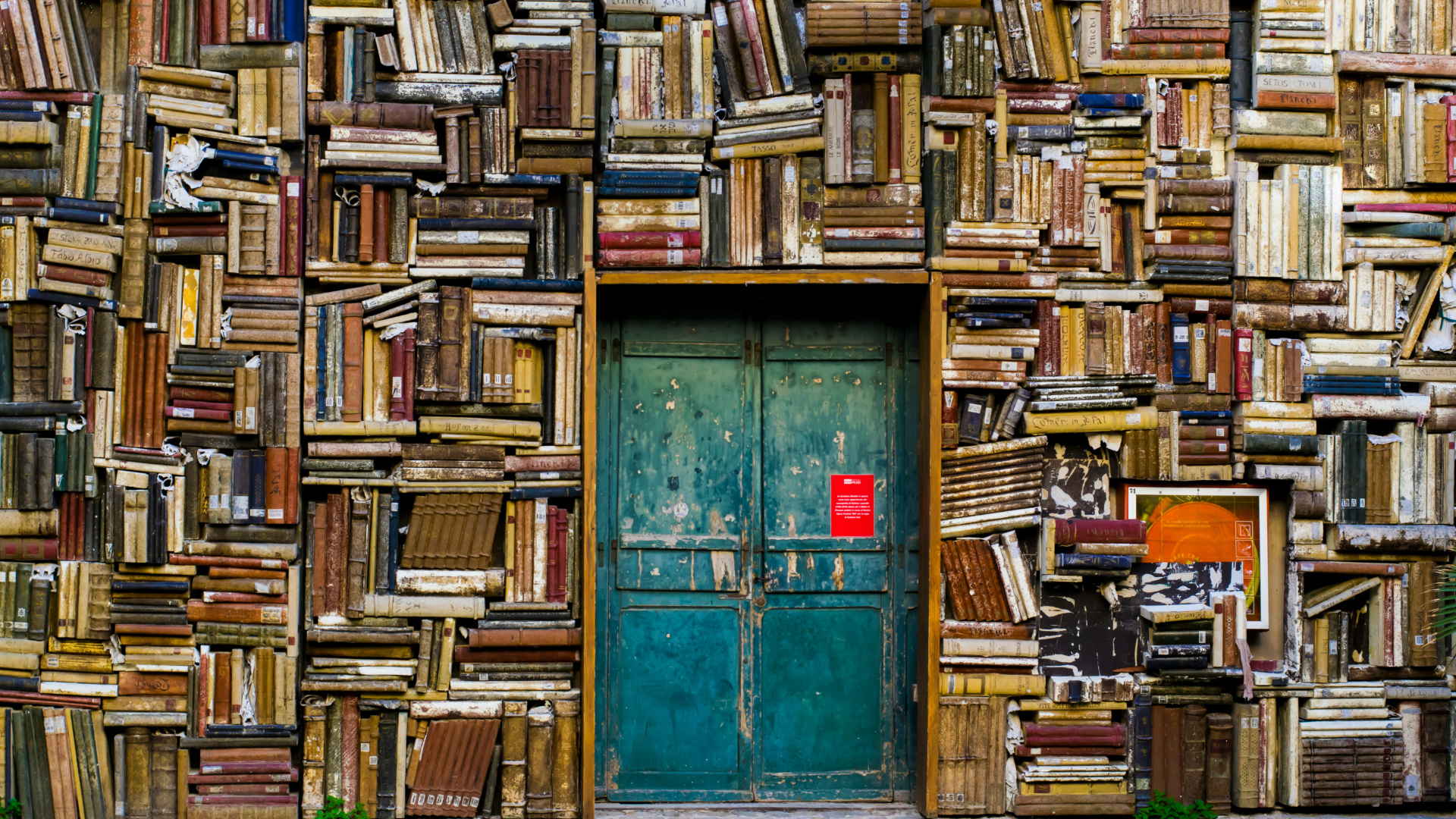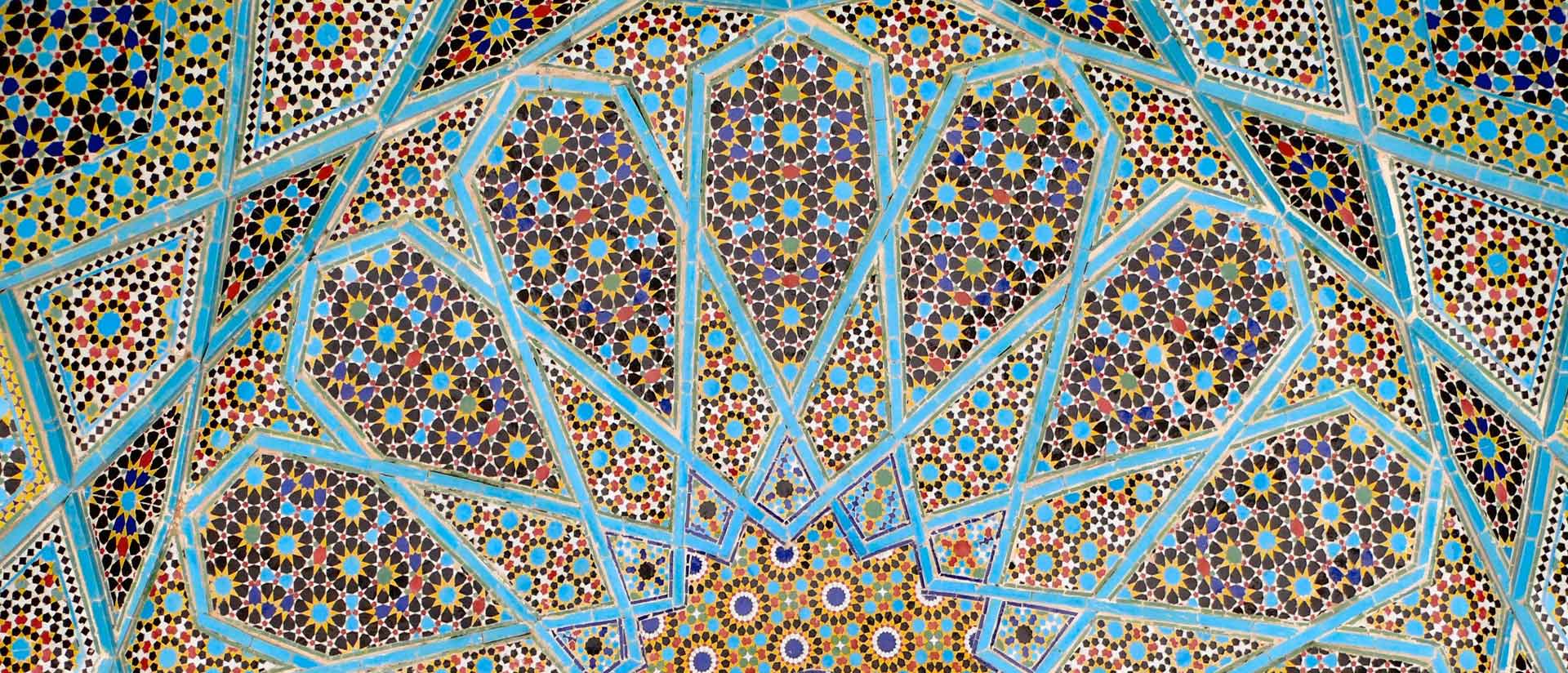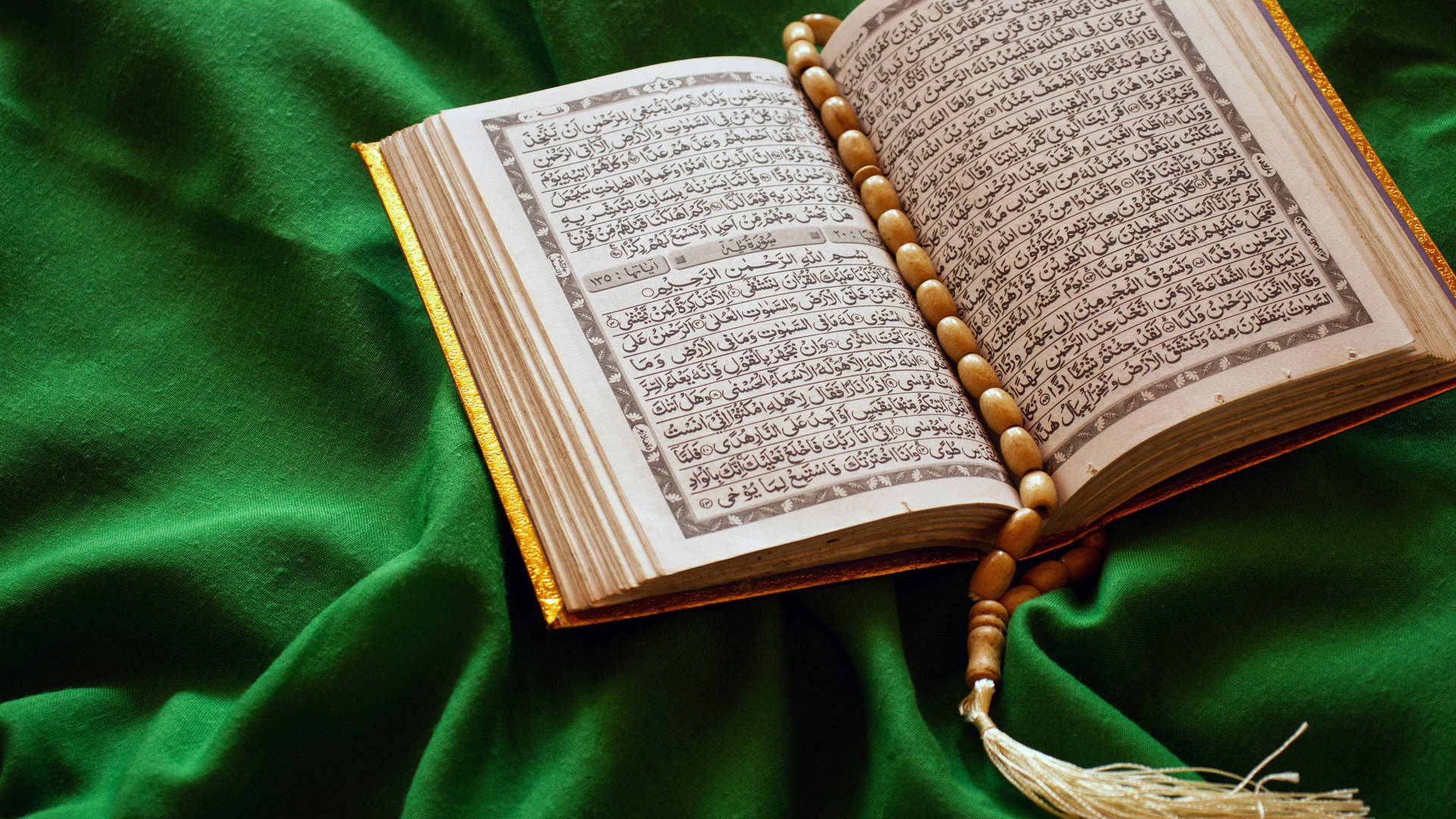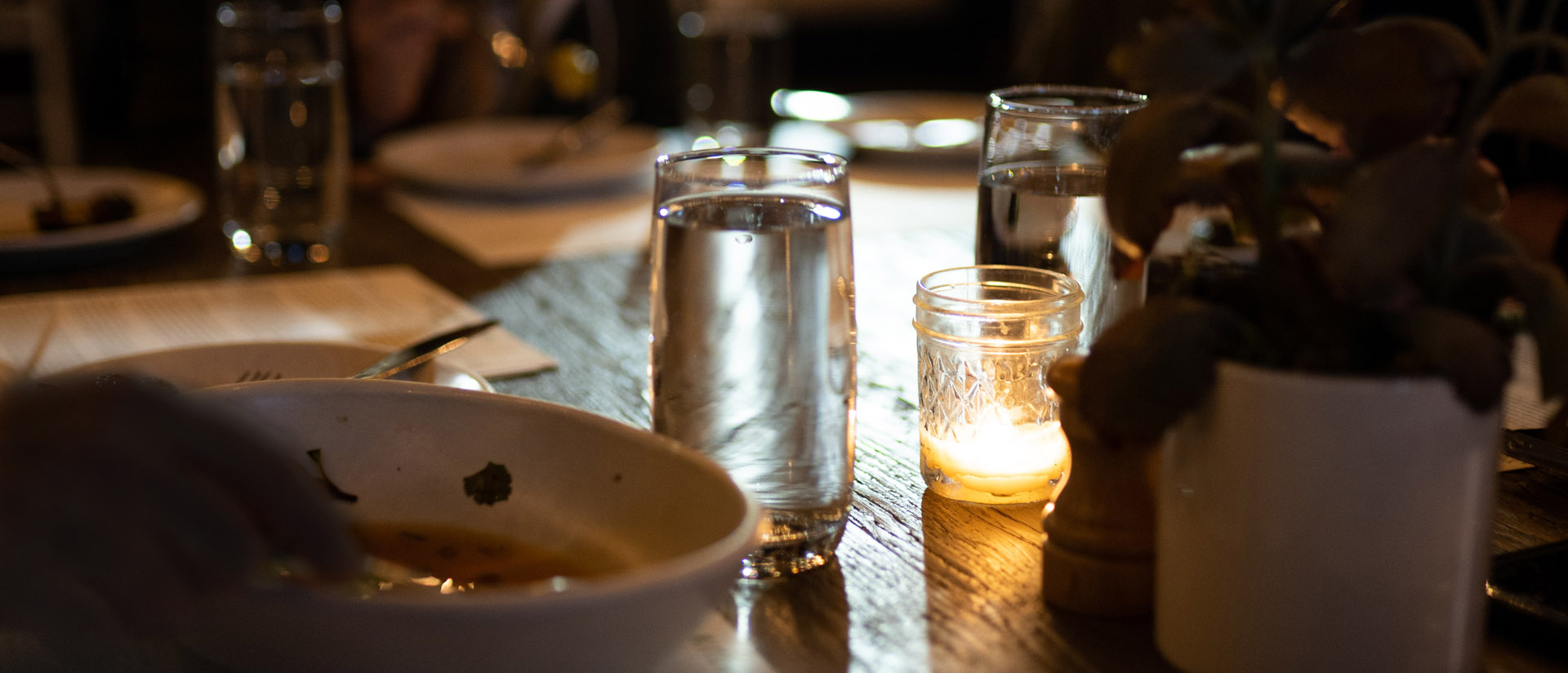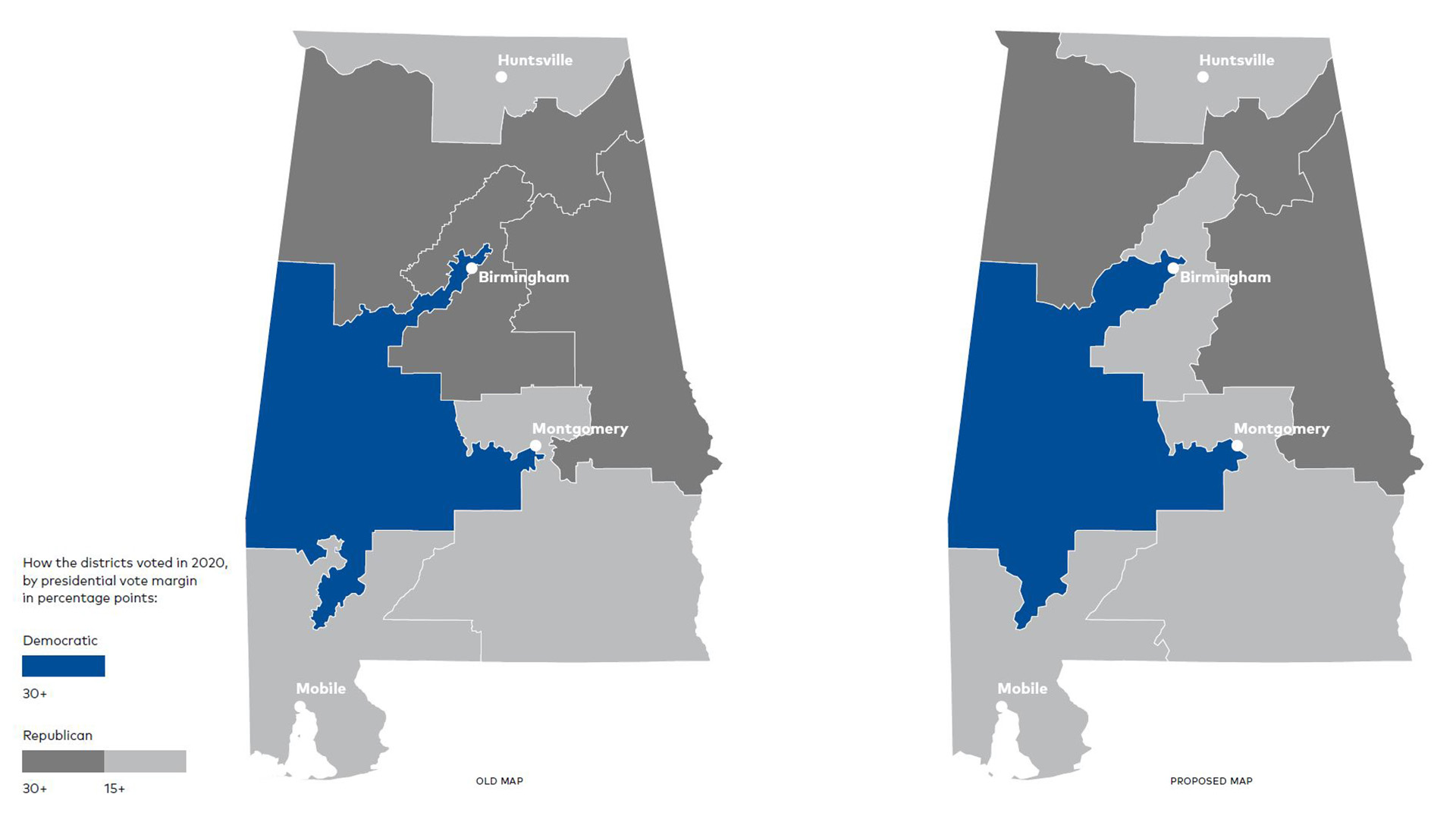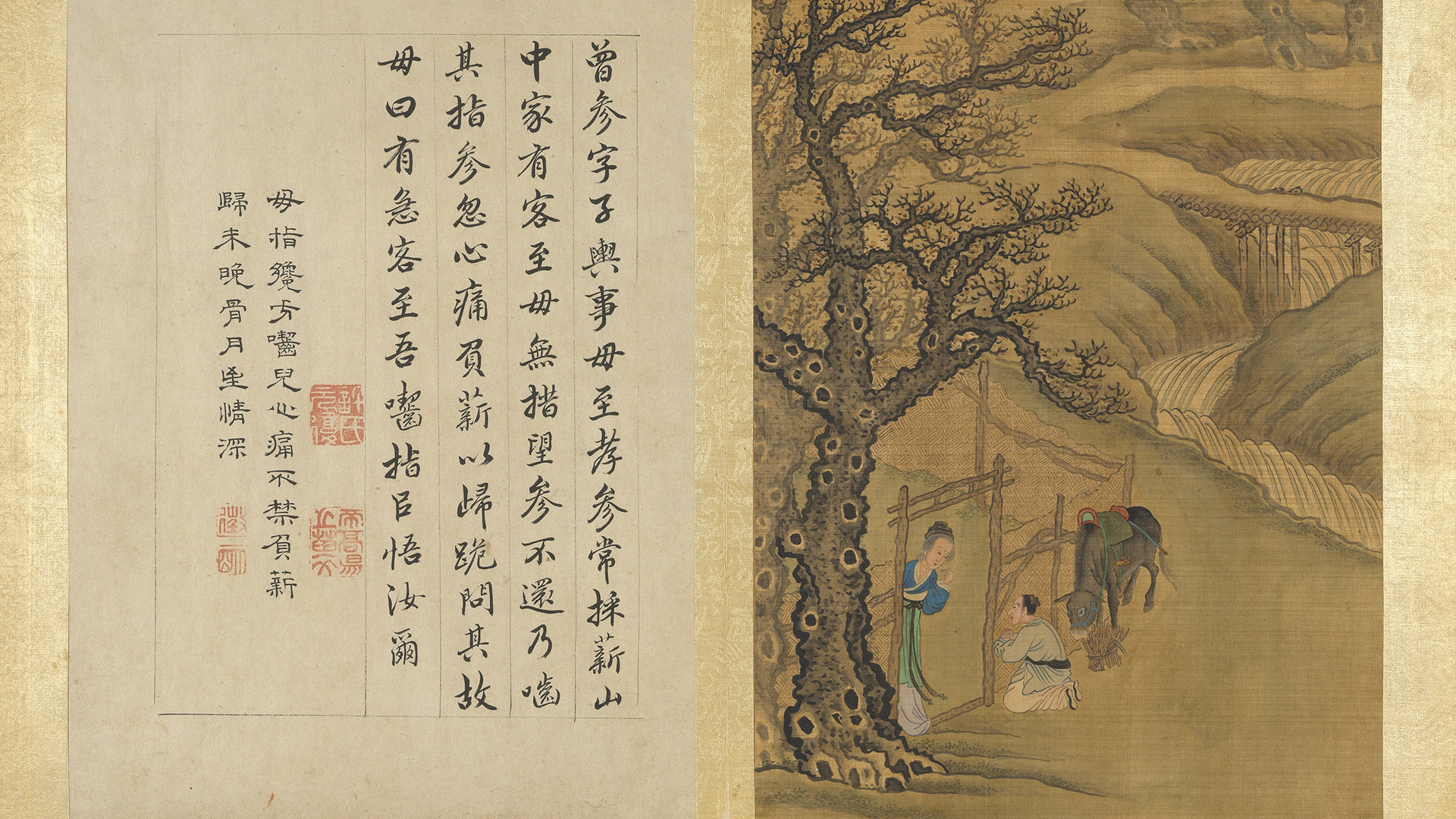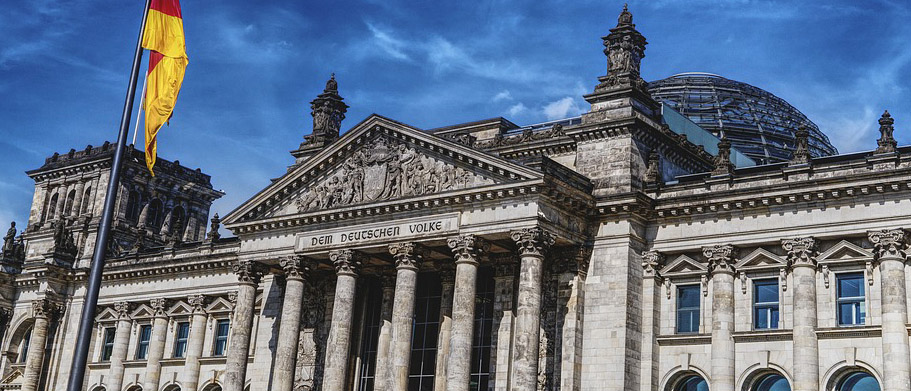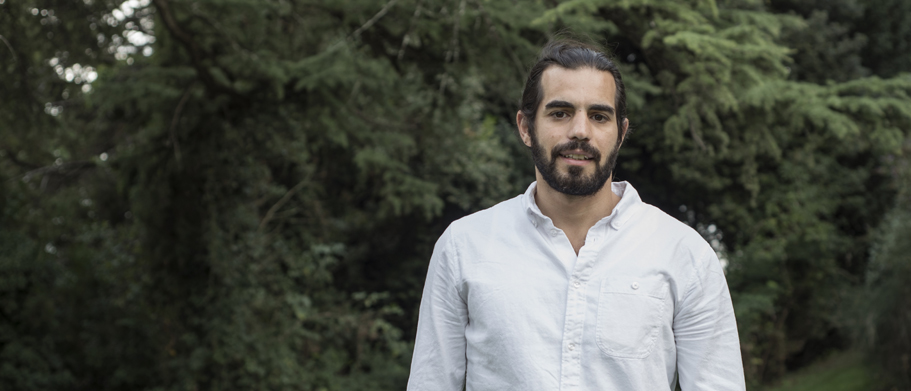
To Stop the War
The following interview with Berlin-based exiled Syrian playwright Mohammad Al Attar was conducted by conceptual artist and spring 2016 Academy fellow Mary Ellen Carroll. The interview began in August 2015 at the Civitella Ranieri Foundation, in Umbertide, Italy, and was completed at the American Academy in Berlin in July 2016. The interview will be published in its entirety later this year.
Mary Ellen Carroll: The Syrian middle class and its demise is a subject you have raised on numerous occasions—from the description of your own childhood in a Damascus suburb to the influence on your work of the Egyptian filmmaker Mohamed Hamed Hassan Khan. You discussed how the middle class is a stabilizing factor in both politics and the economy. It also checks and balances the ruling elite, while providing an aspiration for the less fortunate. The obliteration of the Syrian middle class has accelerated the destruction of infrastructure and basic resources for everyone in the country, which is now, as you’ve said, at its breaking point—if not already beyond.
The obliteration of the Syrian middle class has accelerated the destruction of infrastructure and basic resources for everyone in the country, which is now, as you’ve said, at its breaking point—if not already beyond.
That evidence is in the numbers: in 2011, the prewar population of Syria was more than 23 million people. Since the start of the war, on March 15, 2011, more than 4.8 million people have been registered as refugees, per the UN’s most current statistics, and more than 250,000 people have been killed, half of which are civilians. The media frames this as people who have lost their lives, but their lives have been taken.
Mohammad Al Attar: Let me begin with the media and the numbers, as the international media is, in fact, missing numbers; they are actually much higher. We don’t know the exact figure because a significant number of people are missing. The majority of them are being detained by the Assad regime, and there are others detained by the Islamic State and other paramilitary troops. But the majority are being detained by the regime, and we do not know if they are even alive. We do not have accurate numbers or even a way to ascertain if they are living. The number circulated by human rights organizations and even by underground Syrian activists both agree that the numbers are higher than those declared.
Carroll: Those numbers are facts, and in 2013 you did an interview with Noam Chomsky in which you asked him if he now had advice for the situation in Syria. He said that he had no advice, except to say, “You have to face the actual facts and not stay in a world of your own imagining, saying ‘I want this’ and ‘I don’t want that.’” In interviews about your own writing and Syria you have been asked the question about what the Syrians want. Given the concessions that need to be made, what do you imagine the end to be and how do you see this happening? What do you want within the realm of the real?
Al Attar: To stop the war. I know that sounds like a simplistic answer, but it is necessary for anything to change and before the entire country is divided up and reduced to rubble. When I say “stop the war,” it must be permanent and with the consequence of justice. This goes back to the “how,” and the answer is by achieving a minimum of justice, that is how. It is really the bare minimum. Syria is surrounded by historical examples of bloody wars, some of which have been civil wars and some of which have been with other nations. Most of them have been ended by imposed agreements or treaties. But those treaties did not consider or require the minimum of justice. We have the example of Iraq. As we know, there was no reason for the US to invade Iraq. There was no legitimate or even practical reason, and it is clearer now, following the leaks of information that have come to light. There is a large percentage of people who do not feel sad about Saddam Hussein’s removal from power. Following his removal, we all experienced the wrongful policies put forth by the Americans. This is another case where the minimum of justice was not achieved. Sometimes ending the war or ending a tragic situation can lead to more horrible circumstances in the long term—even in the medium term.
Carroll: Making the reality of the crisis in Syria visible and, more importantly, audible, is necessary for justice. We see and hear first-hand accounts on social media and in the mainstream media and even the short documentary films on the Internet by the collective Abounaddara. You frequently post on the situation on Facebook while you are in production, or now that you are living in exile, in Berlin. With regards to infrastructure and access to communication, there are accounts of the Russian military using ultra-high frequencies to block cellular networks. This evidences how invaluable the airwaves are to warfare and to the individual. With the digitalization of TV, it is now possible to retrofit and utilize lower frequencies (UHF/VHF) for broadband wireless communication. This could have a radical impact in the creation of informal networks to be established on the ground by individuals. But there is still a blind spot in regard to the representation of the situation by Syrians themselves, both of citizens inside of Syria and those outside its borders—refugees and asylum-seekers who are now in other countries. Where is that representation? Who is that voice?
Al Attar: As of now, there is no one Syria, there is no united Syria, there are no united Syrians. And so the question of creating a system and giving voice or representation is very important, even if no one has the right to speak on behalf of a population, especially a population already divided. But when I talk about ending the war, this is one of the few things that everyone agrees upon—even among those with differing positions or in direct conflict with one another.
In my own experience as a playwright, I am very concerned about representation. I am self-conscious about the audience perceiving my work as representing Syrians everywhere, or that it is being seen as “Syrian.” It is important to me that an audience knows rather that this is me, or sometimes a group working together on the production. It is not anonymous. Ethically, this distinction is crucial. When you speak about the general context and it sounds like, “Syrians want this, Syrians need that, Syrians expect this”—this is something you cannot avoid. But it should also be clear that, as the writer, director, actor, or artist, that you speak for yourself, or for the group you represent. In politics, you speak about your party. That is representation.
Carroll: Speaking of representation, I want to return to the media and its role and referring to the crisis in Syria as both a civil war and a proxy war. Your characterization of the civil war as “absurd” is a specific reference to the Theater of the Absurd. It was precipitated by World War II and the absence of meaning and language—and of basic human principles—for the atrocities people were witnessing. There is also the legacy and the work by Brecht, Genet, Ibsen, and Augosto Boal, in the Theater of the Oppressed. You have also referred to theater as a “democratic political project.”
Is this language and the use of “absurd” still something you align yourself with or adhere to? Al Attar: It’s an interesting comparison, but before we talk about language and form of theater, it’s important to reflect on the current situation, for context. Starting in March 2011 until the beginning of 2012, we had a peaceful revolution in Syria. In early 2012, a new reality started to emerge and we witnessed the signs of militarization. We were against militarizing the revolution and we wanted it to remain a peaceful revolution. At a certain point, however, it became inevitable, and it was almost impossible not to go in this direction. The excessive use of force and power by the Assad regime pushed for a reaction. Violence was the Assad regime’s strategy, and the effect was to ruin the moral positions of protesters. It was clear across the Arab world that the protestors had superior values and demands. The Assad regime also pushed for the very specific condition that members of the military would defect. Those defectors became the most wanted. But they were not the only ones sought after; the regime went after their families and their towns, their businesses. It was this antagonism that started the military opposition. By the end of 2012, the militarization of the revolution had become the dominant aspect of the conflict. This is also when international intervention began, thus creating a proxy war.
Carroll: Personal and political engagement became for you the subject of your work; your “ethical imagination” was engaged. Was the expansion of the ground war, or “civil war,” into the proxy war a seminal moment that reinforced your commitment and process to develop work about the situation in the theater?
Al Attar: My sense of human rights and social justice started long before the war and before my work in theater. Growing up in the suburbs of Damascus, in a very normal and stable environment, I had questions about injustice after seeing the contrast between the reality outside our home and what I heard inside our home, from my parents and close neighbors. On the streets outside, bitterness grew within most of us. There was a fear of everything. This pushes you, by default, to be more engaged with the process of change and in public life, though not necessarily in politics, per se.
After all, this region is steeped in words and struggles and conflict. We grew up with the Israeli-Palestinian conflict, which is also an Israeli-Arab conflict because of the occupation of Arab territories including the Golan Heights, which is Syrian according to United Nations Security Council Resolution 497. When we were kids, we were aware of the news from Lebanon and then Iraq and then the Gulf War. It was hard not to be engaged in these debates, even if you didn’t want to. But politics means danger in Syria. You cannot speak about politics; you cannot practice politics; you cannot manifest politics; you cannot form a party or even a civil-society organization. With all of these prohibitions and totalitarian rules, everybody was engaged in discussions about the region, about the contradictions between what the regime says and what it practices.
This led to my realization that theater is political by default. It is a political form of art. I am sure many people state this in a different manner or would disagree, but just look at the form of theater: it asks for engagement, like an ensemble work of collaboration. Theater does not exist without an audience. It is the reciprocal relationship between the sender and the receiver that creates an interaction. It is a medium in which politics is hard to push aside. There are different methods, of course, and I am not saying that all forms need to be politically engaged. But I think it is an essential part of the concept of theater to be socially engaged and, at the very least, to raise questions.
I am not neglecting the importance of entertainment in theater. I like entertainment, and I think that the theater that does not entertain is bad theater, even if it carries a good message. But even if it is badly done or horrible, even if you are speaking about the most noble or important topics, it must be engaging.
Mary Ellen Carroll was the Guna S. Mundheim Fellow in the Visual Arts in spring 2016. Mohammad Al Attar is a writer and playwright from Damascus, currently living in exile in Berlin. Published in The Berlin Journal 30, Fall 2016, pp. 66-68.


